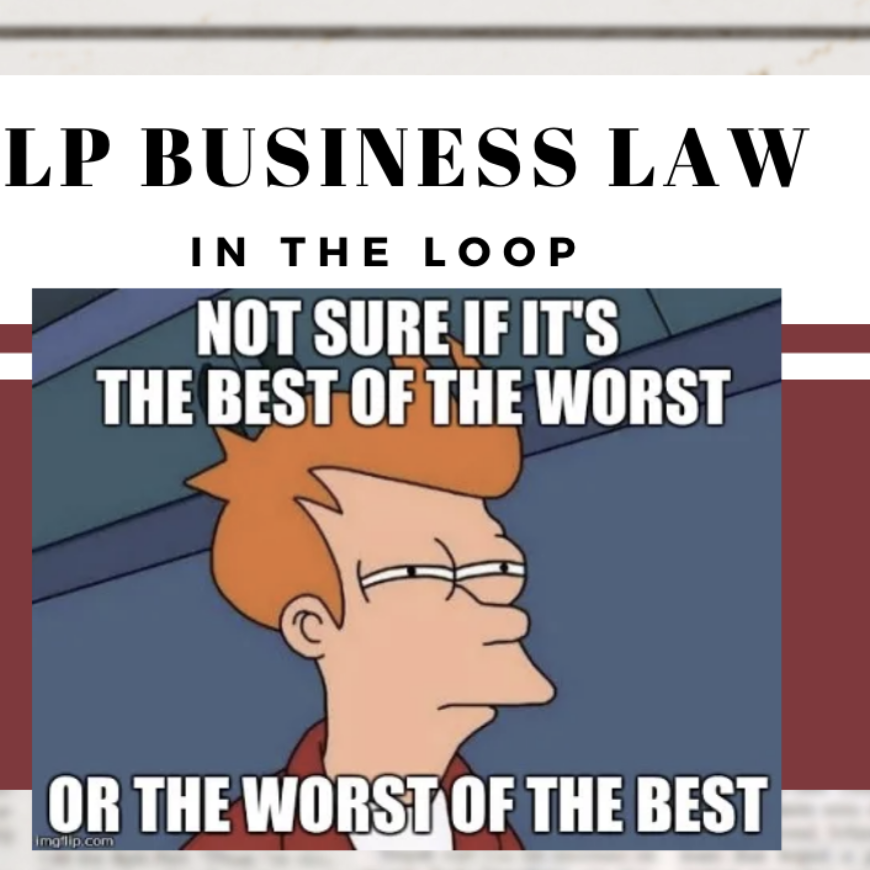Tom Stilp, JD, MBA/MM, LLM, MSC
Michele Boveri, BSBA
Amazon and MGM are merging. Amazon gets intellectual property rights to over 4,000 movies, 17,000 TV episodes, making Amazon even bigger.
The proposed “Ending Platform Monopolies Act” now seeks to separate Amazon and other big tech companies. (Source: The Wall Street Journal, “Bills Aim To Split Amazon, Curb Tech Giants,” p. A1, June 12, 2021.)
As Congressman David Cicilline (D. R.I.), top Democrat of the House Antitrust Subcommittee said: “Unregulated tech monopolies have too much power over our economy.” (Op cit. at p. A4). Congressman Ken Buck (R. Colo.) agreed, saying the bill is necessary because it “breaks up Big Tech’s monopoly power . . . “ (Id).
The U.S. has always had huge companies. From the Sears catalogue that offered many things to many people, to the Walmart stores and Amazon sites that now offer everything, ubiquity is the key.
Following the 1893 Chicago Columbian Exposition, Sears offered the public the “Book of Bargains” creating a new world of retailing. Sears broke down physical and psychological barriers to recognize a new type of consumer, with augmented expectations, improving, if not inventing, new marketing and logistics that paved the path for Walmart and Amazon a century later. Today, in a “pull” economy, retailers hold the power to pull the product through the supply chain.
The ubiquity of being everywhere has spawned the phenomenon of “dematerialization,” where the processing of orders requires the almost instantaneous transfer of electronic money over wire. (See our prior In the Loop article on “cryptocurrencies.”)
But can a company really be too big? Antitrust laws are statutes developed by governments to protect consumers from predatory business practices and ensure fair competition. (https://www.investopedia.com/ask/answers/09/antitrust-law.asp)
The big picture — a growing need to take a closer look at regulations and how companies actually operate. Lawmakers want stricter standards, and are increasing funding for the Antitrust Division and the Federal Trade Commission (“FTC”). Recently, the Department of Justice hit Google, the FTC filed a case against Facebook, and in D.C., the attorney general is suing Amazon on antitrust grounds.
As Dad always said, “competition makes for a better product.” Small and mid-size companies count.
At Stilp Business Law, P.C., we have always protected the rights of business to compete. We have helped hundreds of growing businesses negotiate, contract and successfully deal with “big” companies.
As trusted legal counsel, I represent businesses, professionals and entrepreneurs, provide creative transactional and litigation strategies, and help clients successfully resolve their real estate and business issues.



